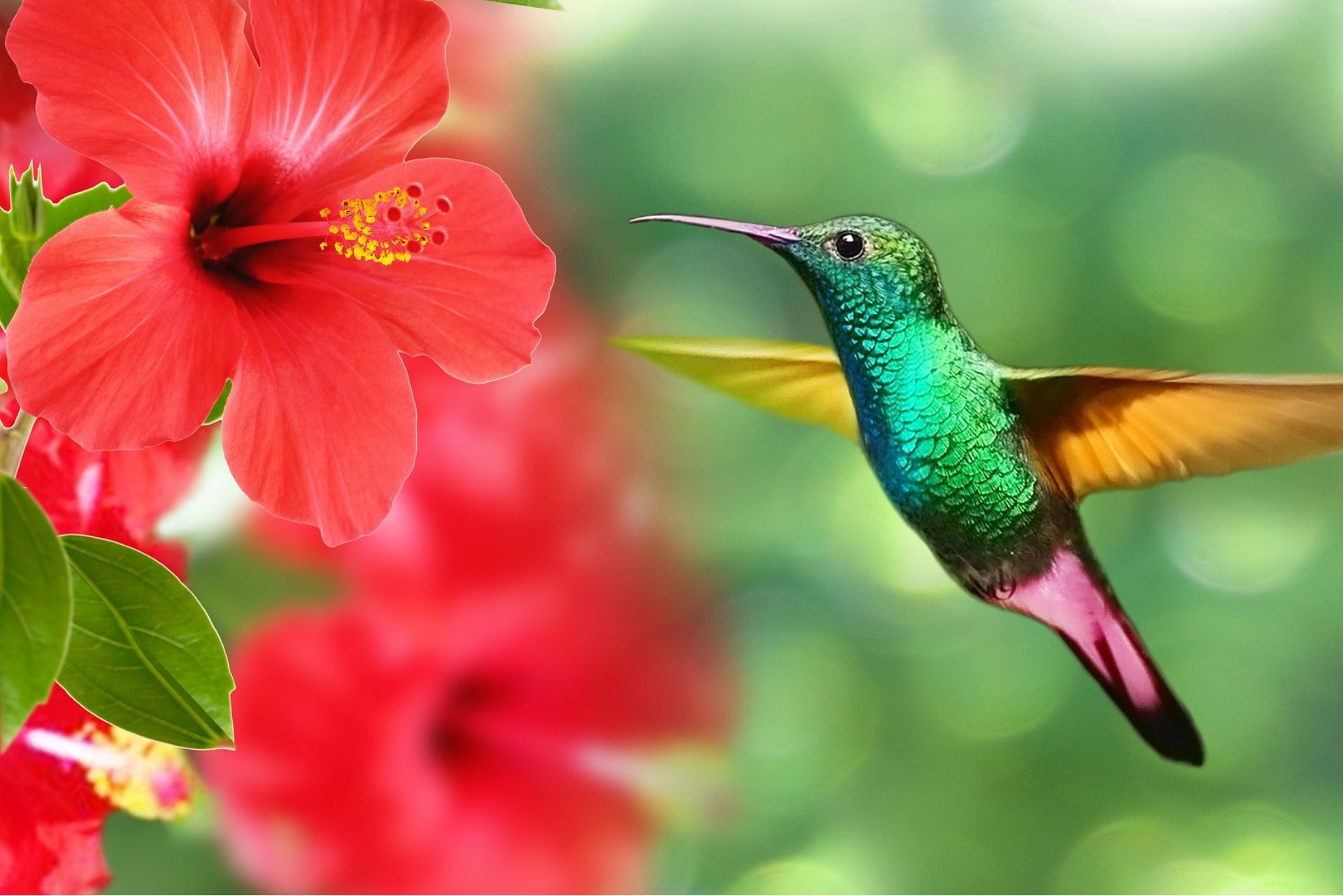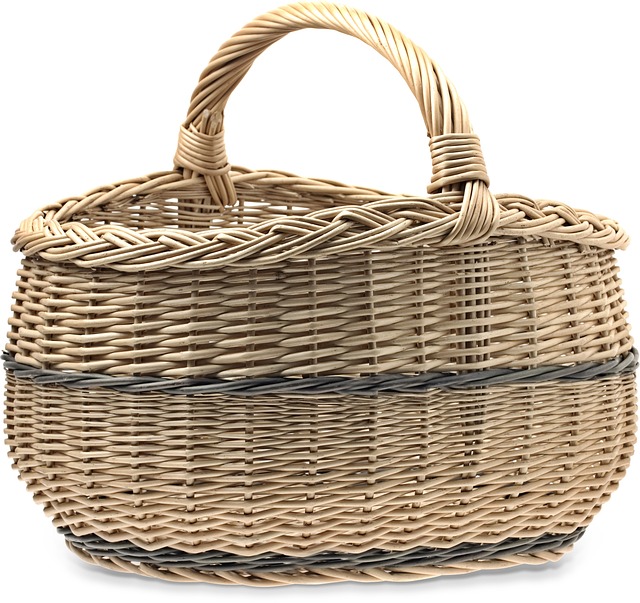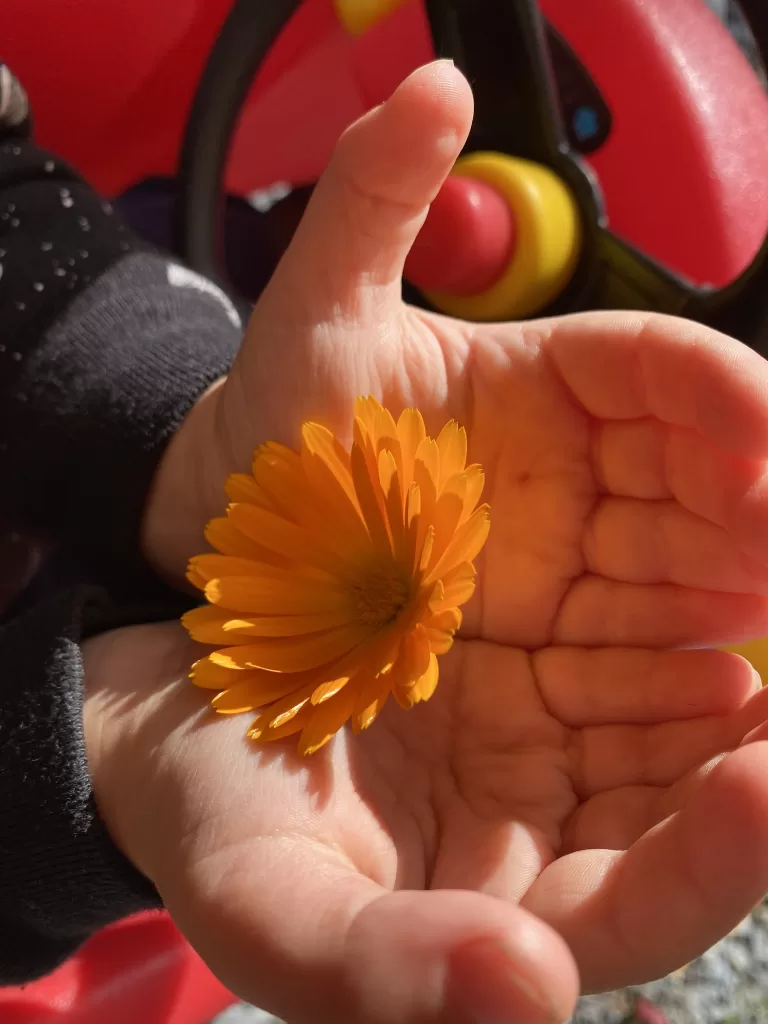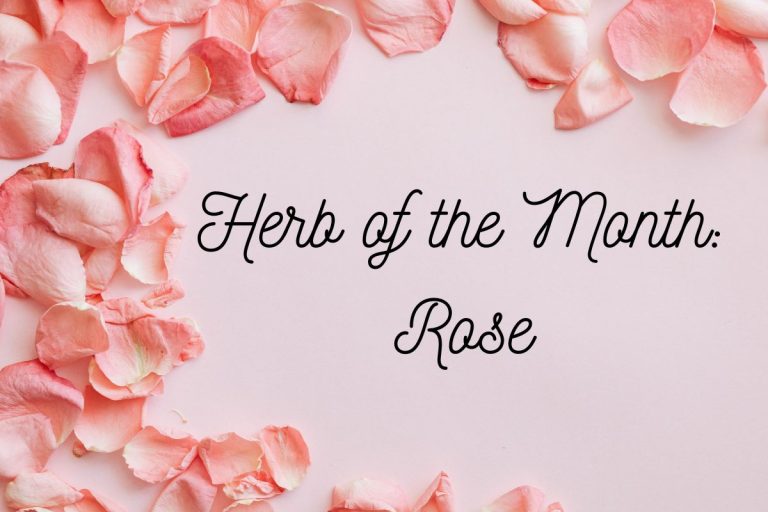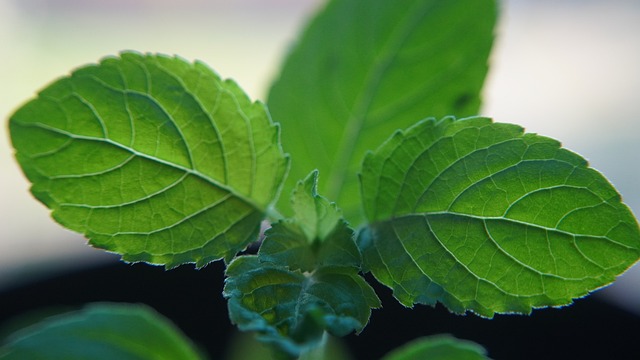June Herb of the Month: Hibiscus
This post may contain affiliate links. View our disclosure policy here.
“In nature there are no colors or shades. Only hues. The flower of the hibiscus is the purest red I know, as if it draws its color from a divine source.”
Toni Morrison
With its high levels of vitamin C, minerals, soluble fiber, antioxidant flavonoids, and many other benefits in addition to it’s lovey flavor, hibiscus is a wonderfully healthful herb to add to your herbal teas.
Introduction
I was drawing a blank for what to do for the herb of the month in June. Not because I’m running out of herbs. There’s lots to cover. But sometimes it’s hard to pick just which one I want to write about next. There’s not really a list according to priority because they are all super important and it really depends on individual need. Not knowing YOUR individual need puts me at a loss as to which ones to do. So it’s really just random. Last month we covered dandelion because it’s one of the first herbs we see in the spring and they are so easy to find! This month I sat here perusing the internet for inspiration but glanced over at my counter. My sun tea pitcher sits there with a lovely blend of dandelion and hibiscus. Hibiscus! It’s perfect for cooling off in the summer heat!
Herb of the Month: Hibiscus – The Basics
Family -Malvaceae (Mallow Family)
Latin Name– Hibisucs spp. ( H. rosa-sinensis, H. sabdariffa. H. syriacus )
Medicinal Parts– flowers (it’s actually the calyx, not the flower petals) and leaves
Energetics– sweet, sour, bitter, cool
Actions-Antibacterial, anti-inflammatory, antioxidant, anti-parasitic, antiseptic, astringent, demulcent, digestive, diuretic, refrigerant, sedative, stomachic ,tonic.
Reproduction: Seeds (seeds are made after the blossoms have been pollinated)
The Benefits of Hibiscus
Hibiscus is not only a beautiful flower but it is loaded with powerful nutritional and healing properties.
Vitamin C
What I know hibiscus for the most besides it’s undeniably delicious flavor is it’s high vitamin C content and bioflavonoids.. The fairly large tropical flowers make a beautiful red tea. The flavor is somewhat tart but also sweetens up almost any tea.
Vitamin A
I was very pleased to find out hibiscus is not only high in vitamin C, but also vitamin A- which is one of those vitamins that, for whatever reason, I tend to test low in. I’m planning to make a LOT of sun tea this summer with hibiscus so this is perfect!
Fever
Among several herbs, hibiscus tea is one that can assist in reducing a fever. I don’t like taking over the counter medicine, especially for fevers as I want the fever to do the job it’s there for. But when uncomfortable, herbs are a nice choice as they offer some relief without interfering with the healing of the body.
Antioxidants
Hibiscus is loaded with antioxidants which are substances that help protect our bodies from harmful molecules called free radicals, which can damage our cells. Hibiscus contains antioxidants such as polyphenols, rutin, and anthocyanins.
Heart Health
A science study indicated drinking 3 cups of hibiscus tea a day (over a period of 6 weeks in the study) reduced systolic blood pressure. Apparently the higher the original blood pressure, the better the results.
Topical Healing
Hibiscus is useful for treating bruising and swelling. This extraordinary herb has an impressive healing capacity. It is commonly incorporated into body washes and can be used to treat eye infection, itchy skin, and other wounds.
Other Benefits
Other studies have indicated that hibiscus decreases cholesterol oxidation and LDL cholesterol, increases HDL cholesterol, and increases the function of the body’s natural antioxidant systems. It may also reduce hypertension and improve nitric oxide. Furthermore, the hibiscus leaves are used in conditioning shampoo while hibiscus flowers are commonly utilized in making red dye.
Simple Recipes for the June Herb of the Month: Hibiscus
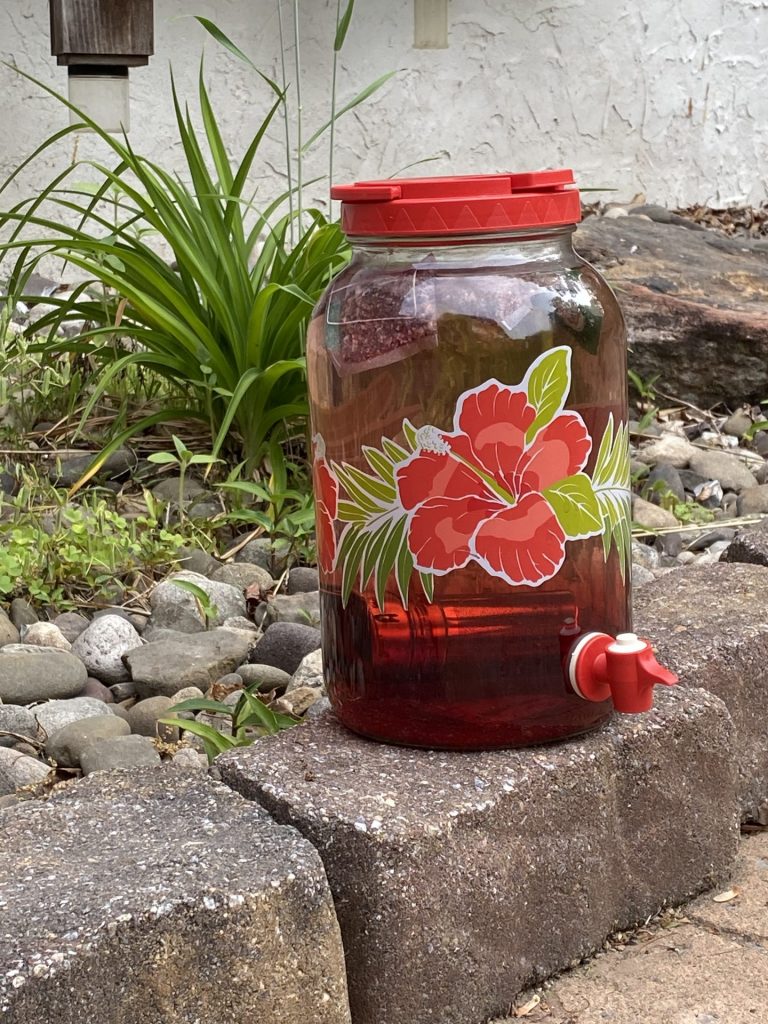
I’m still experimenting with this one. For my first batch of sun tea the other day, I mixed this tea bag with extra hibiscus. It was very nice. (see photo above)
The next one I tried used equal parts of tulsi, hibiscus and lemon balm. DELICIOUS! This may be a new favorite. I’m considering adding just a touch of rose occasionally.
I’m also planning on trying a mix of equal parts lemon balm with hibiscus. I’ll come back and let you know how it is!
To make a sun tea with hibiscus, you need a glass jar (the size is up to you and how much you want to make) with a tight fitting lid or a sun tea container with a spigot similar to the one in my photo. The amount of herbs you use will depend on the container, but I generally work with 2-3 teaspoons of herbs per 8-10 oz. of water with some variation according to the herb and my personal taste.
For hibiscus tea, I work with dried hibiscus I purchase from one of the sources below. Traditional Medicinals also offers a nice hibiscus tea bag as do some other companies. After adding the herb either loose or in a tea strainer or bag, add cool to room temperature water to fill your jar. Place the jar in a sunny spot outside for about 3-5 hours. Then, simply strain if needed and enjoy with just a bit of ice!
Purchasing Hibiscus
I’ve recently discovered an online herb source that I find to have good quality herbs but at a lesser price than my other favorites. Try out Herbco.com! I have purchased hibiscus from them and plan on making a larger order soon to continue having my hibiscus sun tea throughout the summer months!
I still love Mountain Rose Herbs and have never been disappointed by any of their products. Shipping does tend to be slower though so make sure to order in advance of when you will need your products!
- Please note I am not affiliated with either of these two companies at this time! I just trust and love their products!
Other Tea Supplies
Looking for a sun tea pitcher? I am considering these two on Amazon!
One Gallon Drink Dispenser with spigot
Infusers are nice to use in cups, jars and large jugs. I like those that are super fine and either sit on the jar lid or has a screw on cap. Other infusers seem to leak out small bits of herb into the tea.
2 Pack Tea Infusers – this is similar to what I use to add the extra loose leaf hibiscus to the jar.
Cautions
I can’t find anything to caution on. Hibiscus is quite safe and widely drank in large quantities in their native lands including Africa and other temperate tropical areas. As with any food, herb, supplement or medication, a combination of approaches for healing or health is usually the best means- so don’t just rely on hibiscus or any other herb to address symptoms or health problems.
Have You Seen These Herb of the Month Posts?
Herb of the Month: Tulsi (Holy Basil)
Have you worked with hibiscus? What is your favorite hibiscus tea blend?
